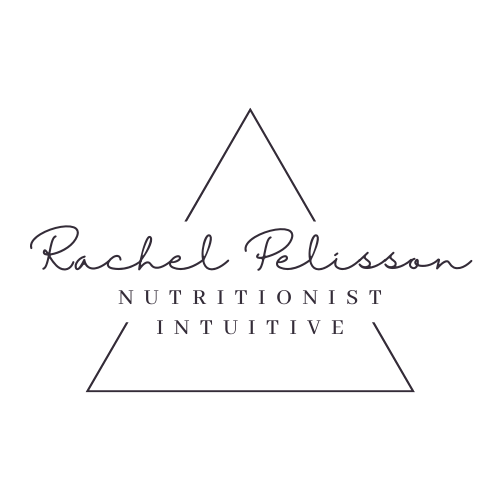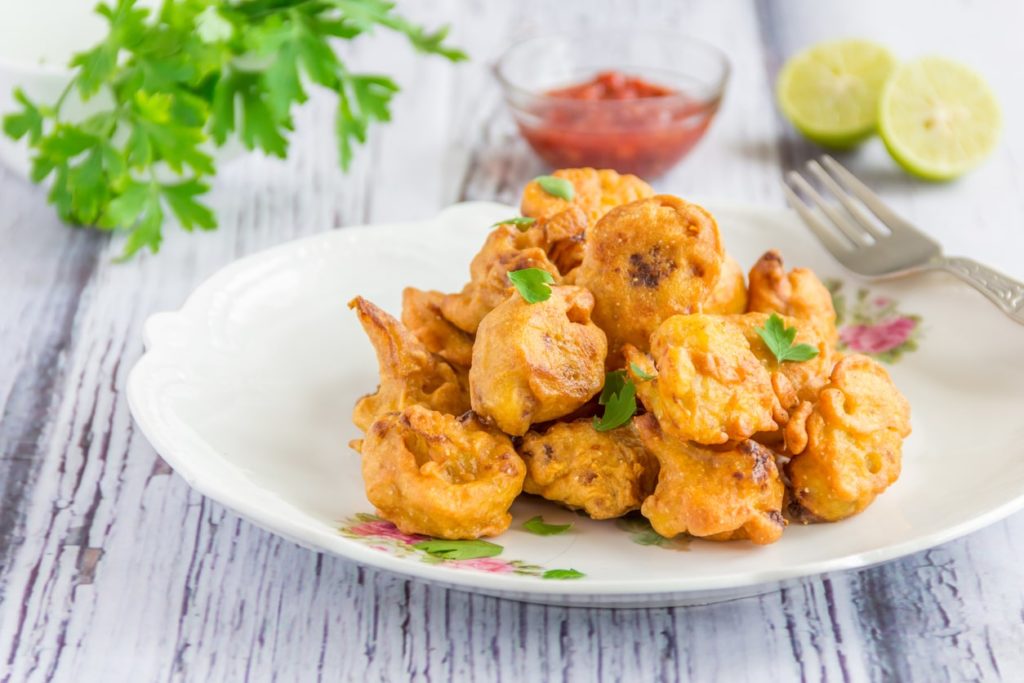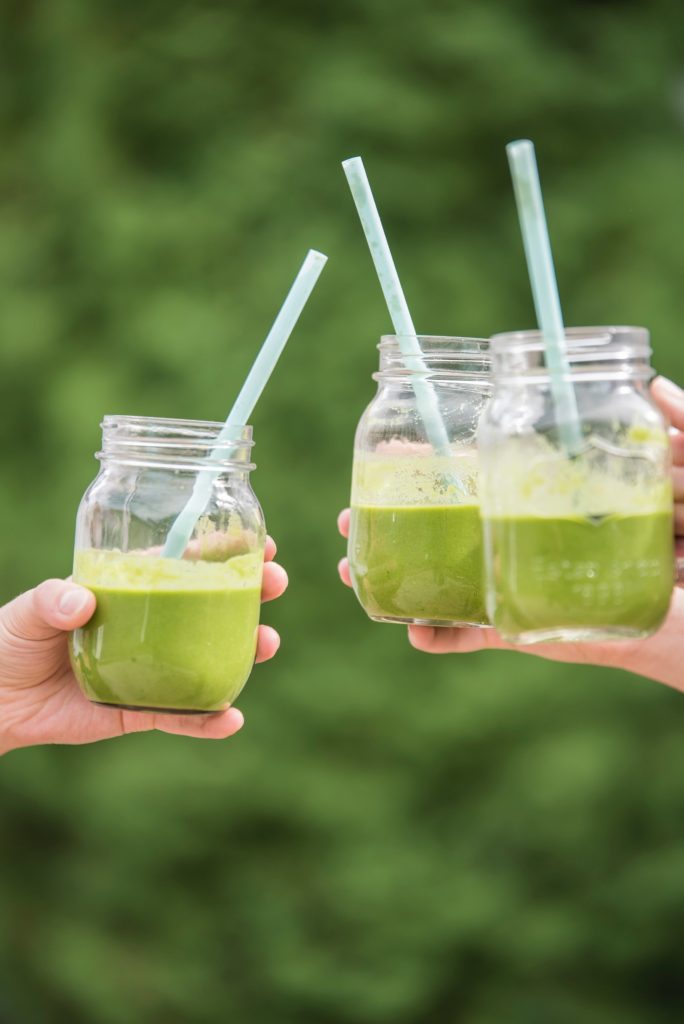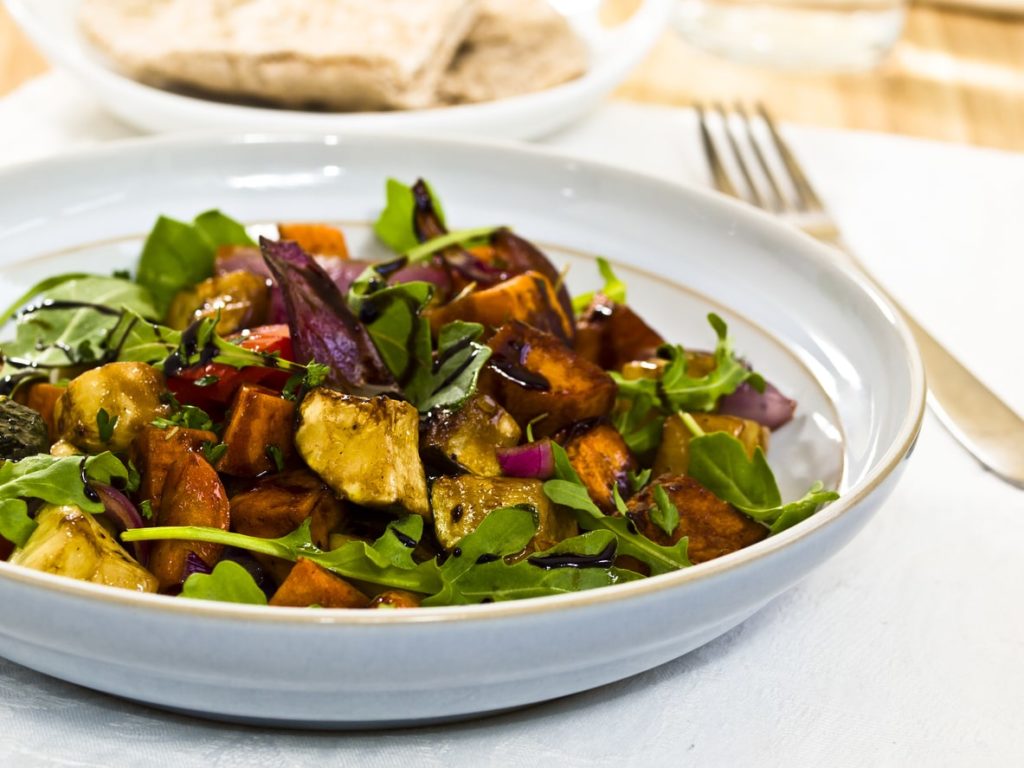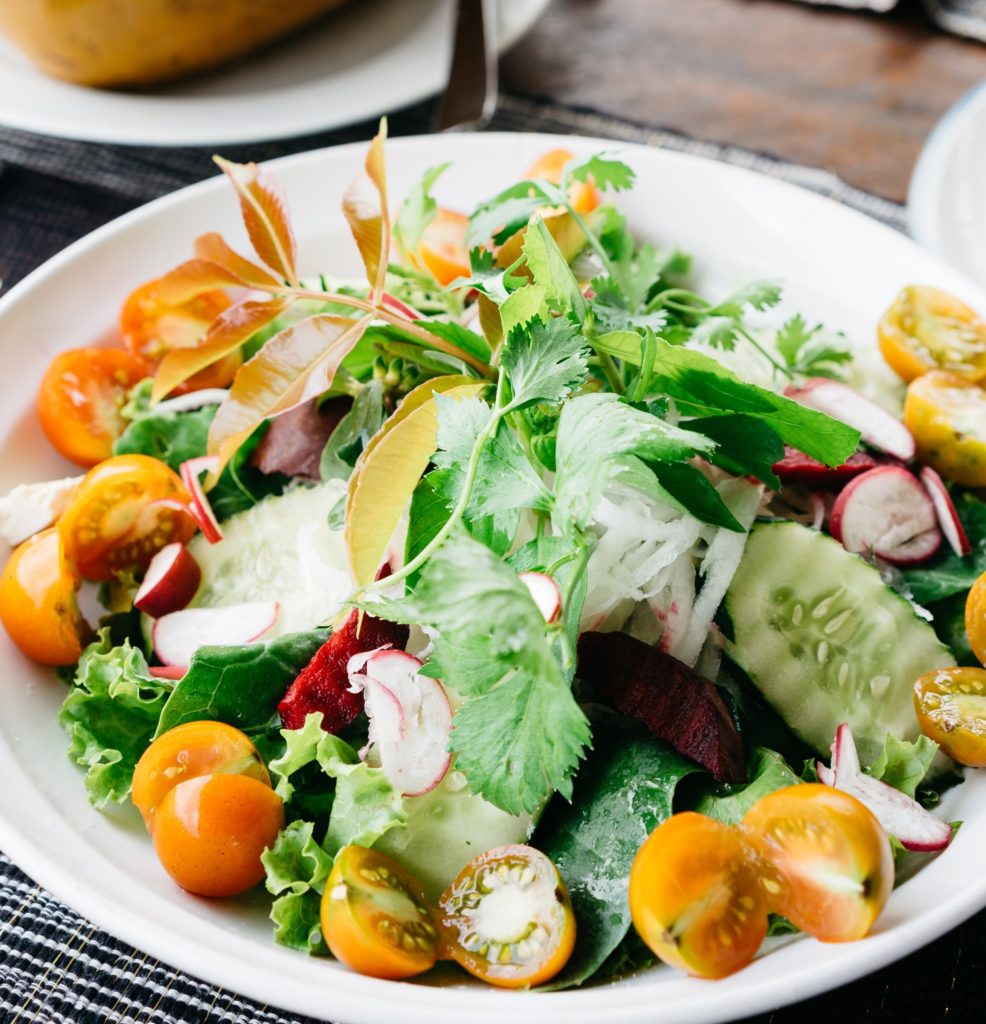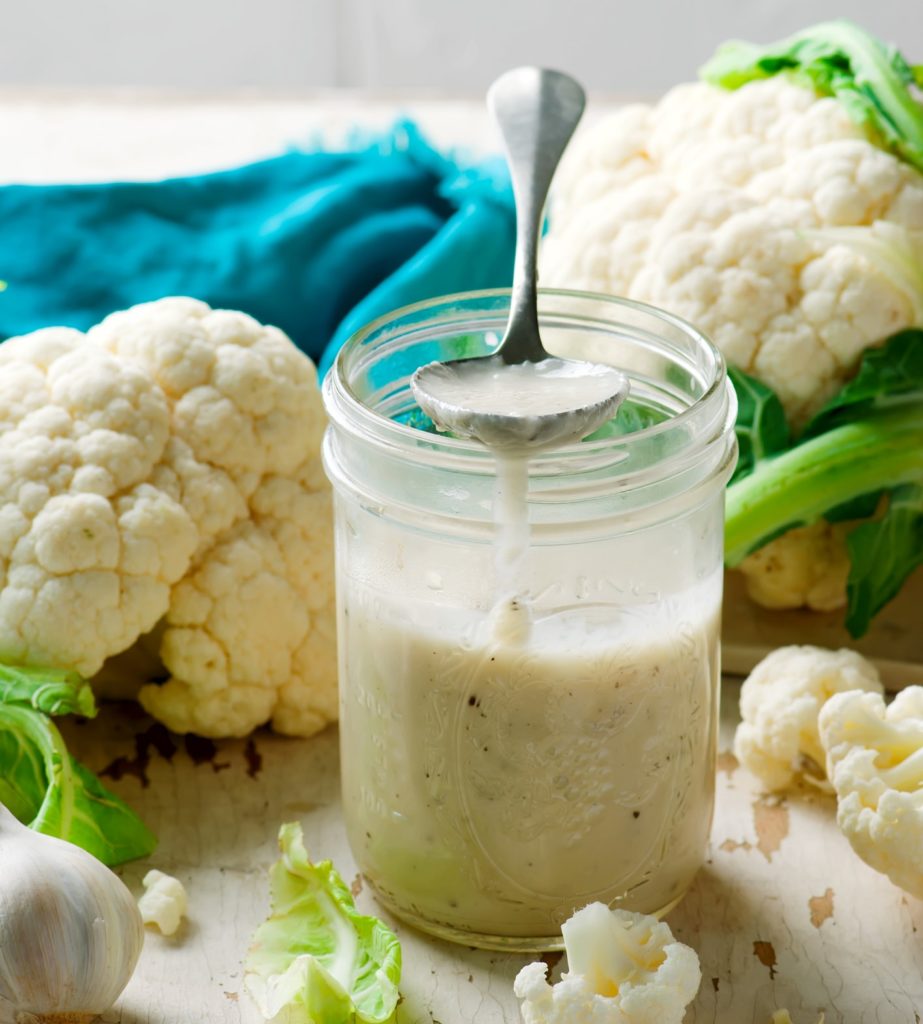How to Heal Psoriasis and Eczema with Diet
Here’s how to heal psoriasis and eczema with diet, as this article will tell you what foods to avoid.
Does food really have an impact on psoriasis and eczema?
The answer is 100% yes!
Many people (self-included) have healed these conditions naturally with a plant-based diet.
Psoriasis and eczema are caused by a toxic liver, specifically an accumulation of pesticides and the heavy metal copper. Pathogens in the liver feed on these toxins and release byproducts that are called dermatoxins.
These dermatoxins can only be released through the skin. Dermatoxins are what causes redness, itching, flaking, pain, cracking, and oozing skin associated with psoriasis and eczema.
Removing the foods that feed the pathogens in the liver is a critical step in healing. Once those pathogens no longer have a food supply, their ability to reproduce is substantially lowered (and so are your skin symptoms).
How to Heal Psoriasis and Eczema with Diet
Below is how to heal psoriasis and eczema with diet, focusing on what foods to avoid.
Eggs
Eggs are viral feeders. In fact, when viruses are replicated in labs they are injected into hen’s eggs to grow!
Viral infections are major triggers for eczema and psoriasis, and when you eat their favorite food (eggs) it helps those viruses grow stronger.
This further weakens your body and causes you more harmful symptoms.
Dairy
Avoid milk and dairy products, like cheese, butter, yogurt, cream cheese, kefir, ghee.
Dairy is another favorite food for viruses. Avoiding it will help to lower your viral load and promote healing.
Gluten
Going gluten-free is quite common now and many people experience improved health after removing gluten.
That’s because gluten-containing grains, like wheat, rye, and barley also promote viral growth and the release of viral toxins that can cause headaches, brain fog, aches, pain, and more symptoms.
Gluten-free is the way to be!
Canola
Although canola has been touted as a health food, more and more evidence is showing connections to neurologic problems like Alzheimer’s.
Canola oil is commonly found in packaged foods and used for cooking in restaurants. Olive oil and coconut oil are the best oils to choose from.
Corn
Corn used to be a healthy grain. However, over the years, it has been abused by high pesticide use and now been genetically modified.
Organic corn is also often tainted by cross-contamination with GMO corn. Avoid corn and its derivatives, cornmeal, citric acid, high-fructose corn syrup, and grain alcohol.
Soy
Soy is also genetically modified. It has been abused by pesticide exposure.
The high-fat content of soy causes it to hold onto high concentrations of pesticides and herbicides.
It’s best to avoid soy. Yet, if you do eat it, do so sparingly and choose organic, non-GMO, sprouted soy. (This is lower in fat and therefore has less of a chemical burden.)
Pork
The type of fat in pork is very difficult for the body to metabolize. When fat builds up in the blood, the oxygen content lowers. This burdens the liver. The combination of low oxygen and toxin accumulation can increase symptoms.
If this list is overwhelming, don’t feel like you have to stop eating all these foods at once.
Gradually easing into dietary changes is usually the best way to go. Start with the options that are easiest to give up or focus on one meal at a time.
For example, if you eat eggs for breakfast every day, try swapping that out for a smoothie or oatmeal with fruit. You can also check my list of preferred products and foods for options that are free of pathogen-feeding ingredients.

